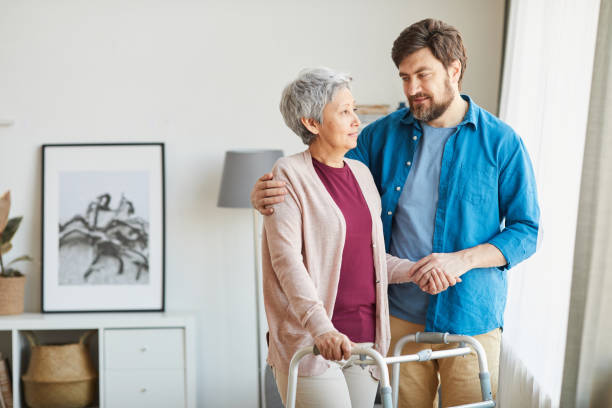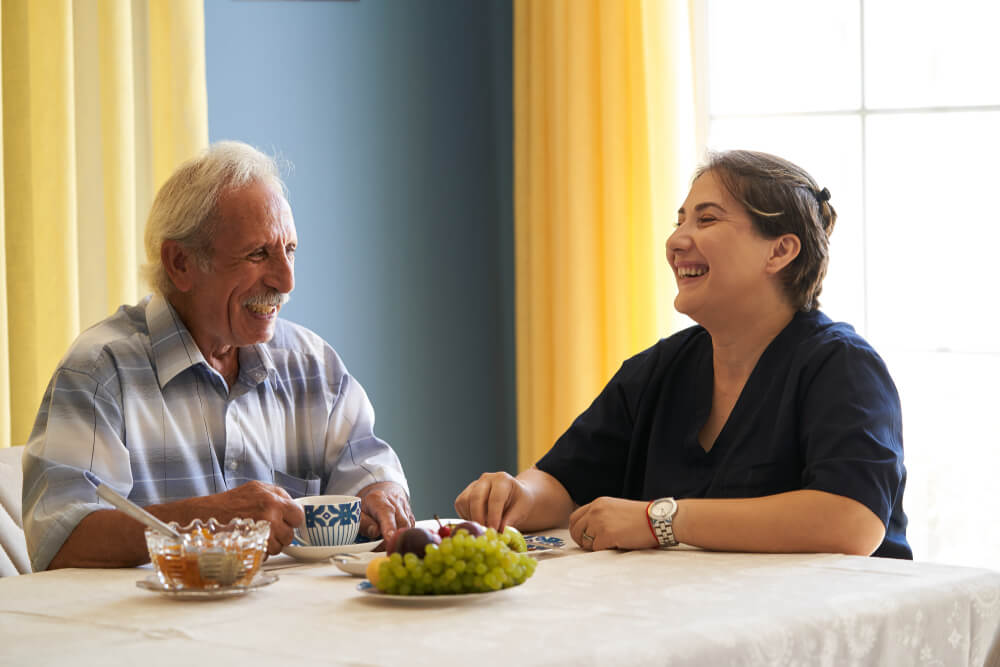Discover effective strategies to prevent senior abuse and protect your loved ones.
Understanding the different types of senior abuse
By understanding the different types of senior abuse, you can better recognize the signs and take necessary steps to prevent it.
Senior abuse can take many different forms, and it’s important to understand each type in order to effectively prevent it. The most common types of abuse include physical abuse, emotional abuse, financial abuse, neglect, and sexual abuse. Physical abuse involves any act of violence or physical harm inflicted on a senior, such as hitting, pushing, or restraining. Emotional abuse refers to any form of psychological harm, such as verbal insults, threats, or isolation. Financial abuse involves the unauthorized use of a senior’s funds or assets. Neglect occurs when a caregiver fails to provide adequate care and support for a senior’s basic needs. Lastly, sexual abuse involves any non-consensual sexual contact or exploitation of a senior.
Discover how to effectively report cases of elderly abuse and protect vulnerable individuals.
Identifying signs and symptoms of senior abuse
If you suspect that someone you know may be a victim of senior abuse, it’s important to take action and report your concerns.
Identifying signs and symptoms of abuse is crucial in order to intervene and protect those who may be at risk. Some common signs of abuse include unexplained injuries such as bruises, cuts, or fractures, sudden changes in behavior or mood, withdrawal from social activities, fear or anxiety around certain individuals, sudden changes in financial situation, and signs of neglect such as poor hygiene or malnutrition. It’s important to pay attention to these signs and take them seriously, as they may indicate that a senior is being abused.
Creating a safe and supportive environment
By creating a safe and supportive environment, you can help prevent senior abuse and ensure the well-being of your loved ones.
Creating a safe and supportive environment is essential in preventing abuse. This involves ensuring that the senior feels comfortable and secure in their living environment. Some key steps to take include conducting thorough background checks on caregivers or service providers, promoting open communication and trust between the senior and their caregivers, and regularly checking in on the senior to ensure their well-being. It’s also important to create a network of support for the senior, including friends, family members, and professionals who can provide assistance and care.
Promoting open communication and trust
By promoting open communication and trust, you can create an environment where senior abuse is less likely to happen and ensure the well-being of your loved ones.
Promoting open communication and trust is vital in preventing abuse. It’s important to establish a culture of communication where the senior feels comfortable expressing their needs, concerns, and any potential abuse they may be experiencing. This can be achieved by actively listening to the senior, validating their feelings, and addressing any issues or concerns they raise. Building trust with the senior and their caregivers is also crucial, as it allows for a transparent and supportive relationship where abuse is less likely to occur.
Reporting and seeking help against senior abuse
It’s important to take action and speak up against senior abuse to protect those who may be vulnerable.
Reporting and seeking help against abuse is essential in protecting the senior and holding the abuser accountable. If you suspect that a senior is being abused, it’s important to report your concerns to the appropriate authorities, such as adult protective services or law enforcement. They can investigate the situation and take necessary actions to ensure the safety of the senior. Additionally, seeking help from support organizations and professionals who specialize in elder abuse can provide valuable resources and guidance in navigating the situation.
Contact us at 832-371-6600 to find out more about how we can help someone you love with our customized in-home care services.
Home Matters Caregiving proudly serves the Houston Metro area providing care for seniors wherever they call home.












